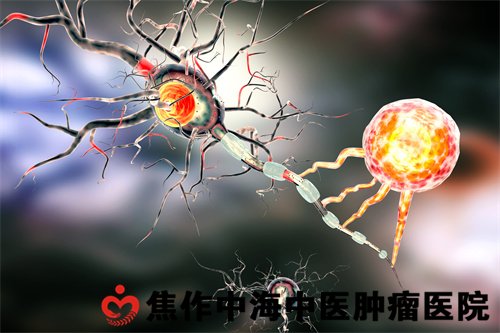I. Prevention of gastric cancer.
The etiology of gastric cancer is not clear, which may be related to some chemical carcinogens, eating habits, environmental factors, genetic factors and trace elements. For example, nitrosamines are abundant in foods such as smoked fish, bacon and sausages, which are factors that cause gastric cancer; for example, people who like to eat hot food, eat quickly, and drink strong alcohol damage gastric mucosa to induce gastric cancer; and people who eat more vegetables and fruits, because vegetables and fruits contain a lot of vitamins and reduce the incidence of gastric cancer and so on. The prevention of gastric cancer mainly includes three levels of prevention: the primary prevention of gastric cancer refers to the etiology and etiological prevention of gastric cancer so as to reduce the incidence of gastric cancer. Secondary prevention refers to the "three early" of gastric cancer, that is, early detection, early diagnosis and early treatment, which aims to reduce the mortality of gastric cancer, its core content is early detection of gastric cancer and strive for early treatment opportunities; tertiary prevention refers to taking positive measures to improve the quality of life of patients, promote their rehabilitation and improve the survival rate of gastric cancer.


